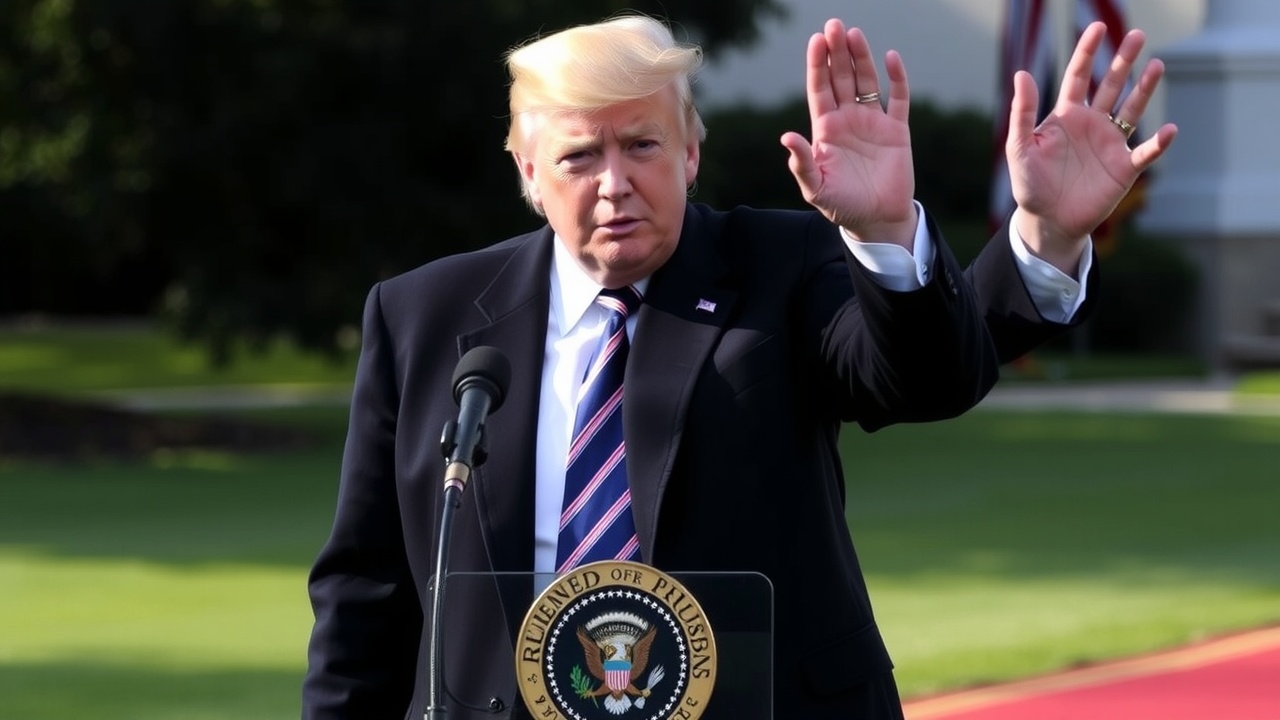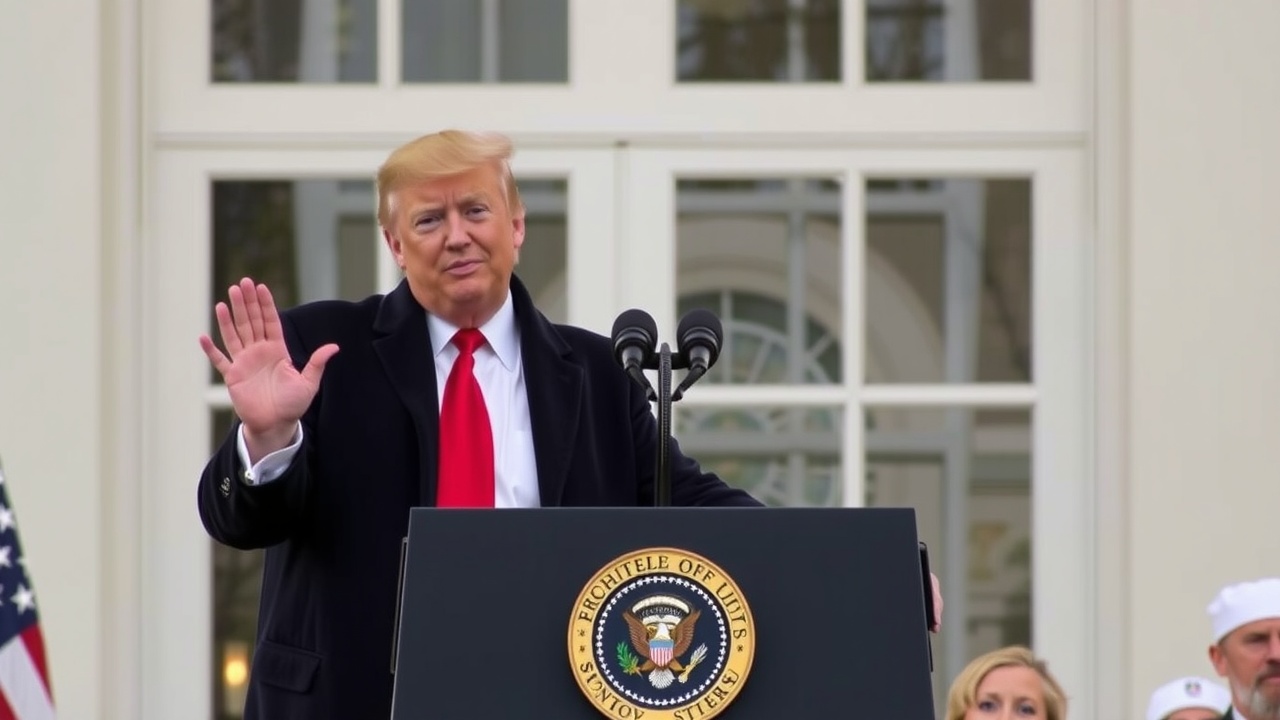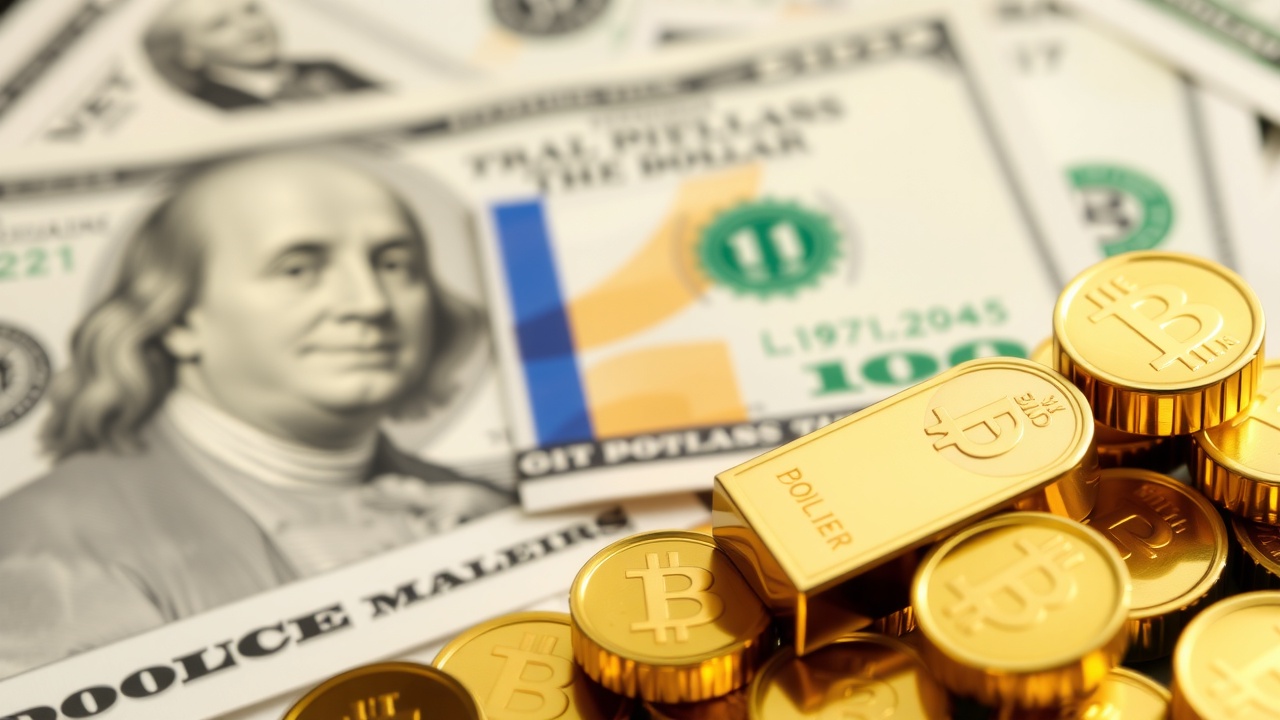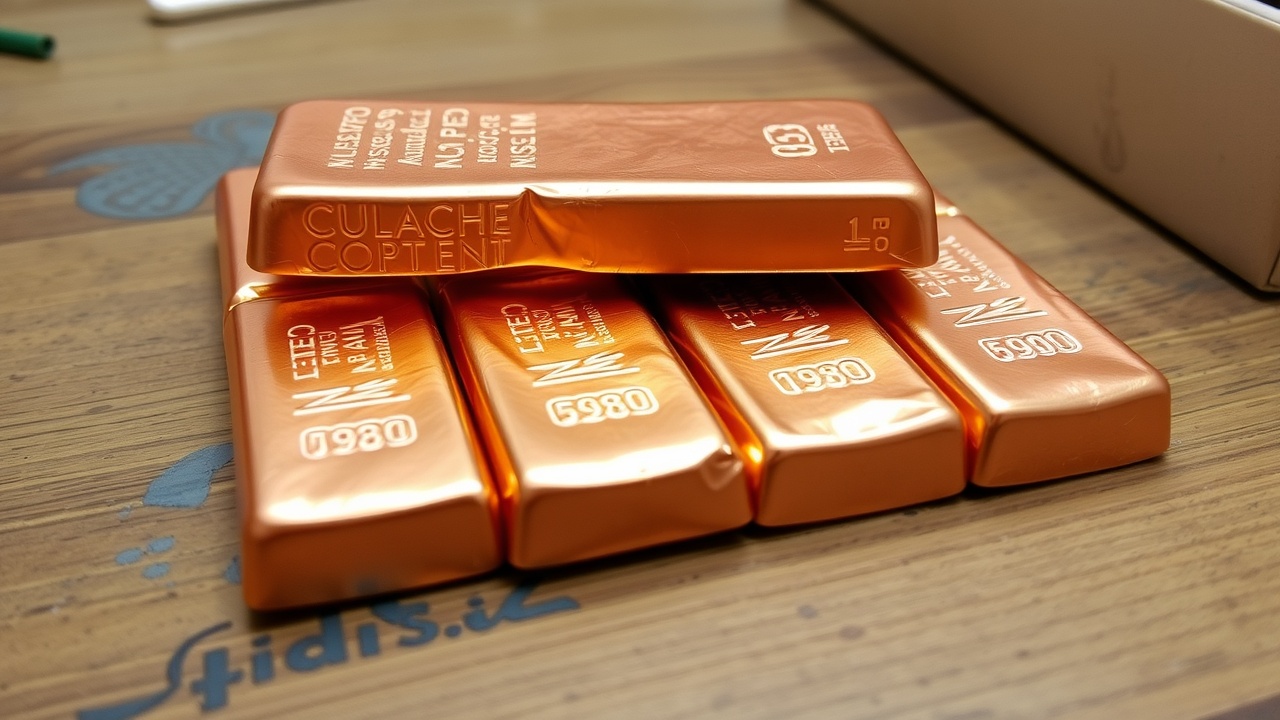
The US dollar, one of its biggest benefits, is viewed as a burden by Donald Trump's administration
Gold is the clear winner, according to James Mackreides.
The US dollar's position as the global reserve currency is perceived by the Trump administration as a burden rather than the "exorbitant privilege" that it is. Stephen Miran and other prominent economic advisors contend that the dollar's continued strength has contributed to the deindustrialization of the US economy by lowering exports' competitiveness.
Economists are free to argue about this. There might even be some truth to it, but pointing the finger at the rest of the world conveniently ignores bad choices made voluntarily by US politicians and corporations. It ignores some clear advantages, though, to portray the dollar's special standing and power as just another instance of America being taken advantage of.
These consist of reduced inflation and increased margins, but the effect on markets is even more significant. Because of the dollar's role, Treasury bonds have served as the world's reserve asset, which has reduced the cost of government funding. However, there are indications that this is currently reversing.
Official reserves.
The American exceptionalism is over.
The belief that American exceptionalism is over is the most prevalent theme among foreign investors. Poor governance, skyrocketing deficits, and mounting concerns about new anti-foreigner policies have shook the rest of the world (section 899, a clause in the new budget bill that would raise taxes on US income for foreign investors, is frequently brought up).
To claim that investors are leaving the US would be a gross exaggeration, but it is evident that they are reevaluating the structural bias toward American assets that the majority possess. Strong demand also benefits other US assets, so the effects extend beyond Treasuries. For instance, according to Alec Cutler of Orbis, reserve currency status has caused a significant cost of capital advantage for US businesses. Along with high valuations and skyrocketing capital expenditures for big tech, he claims that this will now shrink, which is another reason why US stocks will become less advantageous in the future.
Erratic change.
However, this sounds like a slow shift that should make us less optimistic about the US, not a catalyst for a major upheaval. According to the European Central Bank, the dollar's share of central bank reserves has decreased from 60% in the early 2000s to roughly 46% at present, but it still dominates payments (nearly 90% of currency trades involve it). A swift departure from the dollar is unthinkable because no other currency has the same level of market depth and liquidity.
We cannot, however, ignore the volatility of the US government and the possibility that it will undermine one of its advantages because it perceives it as a weakness. We are occasionally forced to undergo chaotic change. This might be one factor contributing to gold's ongoing appeal. The demand for a reserve asset that is not under government control is indicated by the trend in reserves since 2008 (see chart). Donald Trump will most likely hasten that change.














Leave a comment on: Is Donald Trump endangering the US dollar?